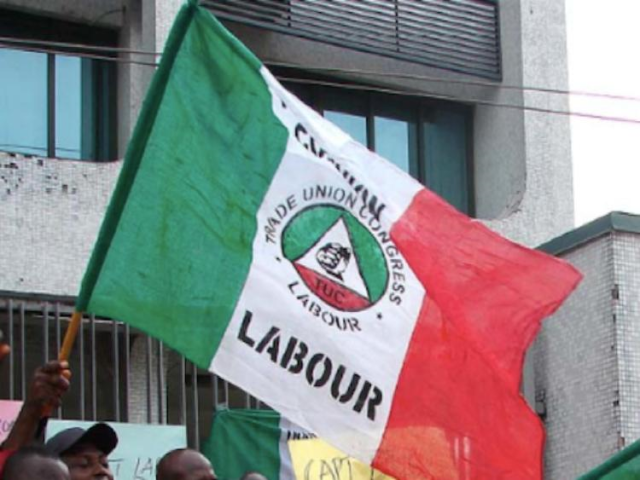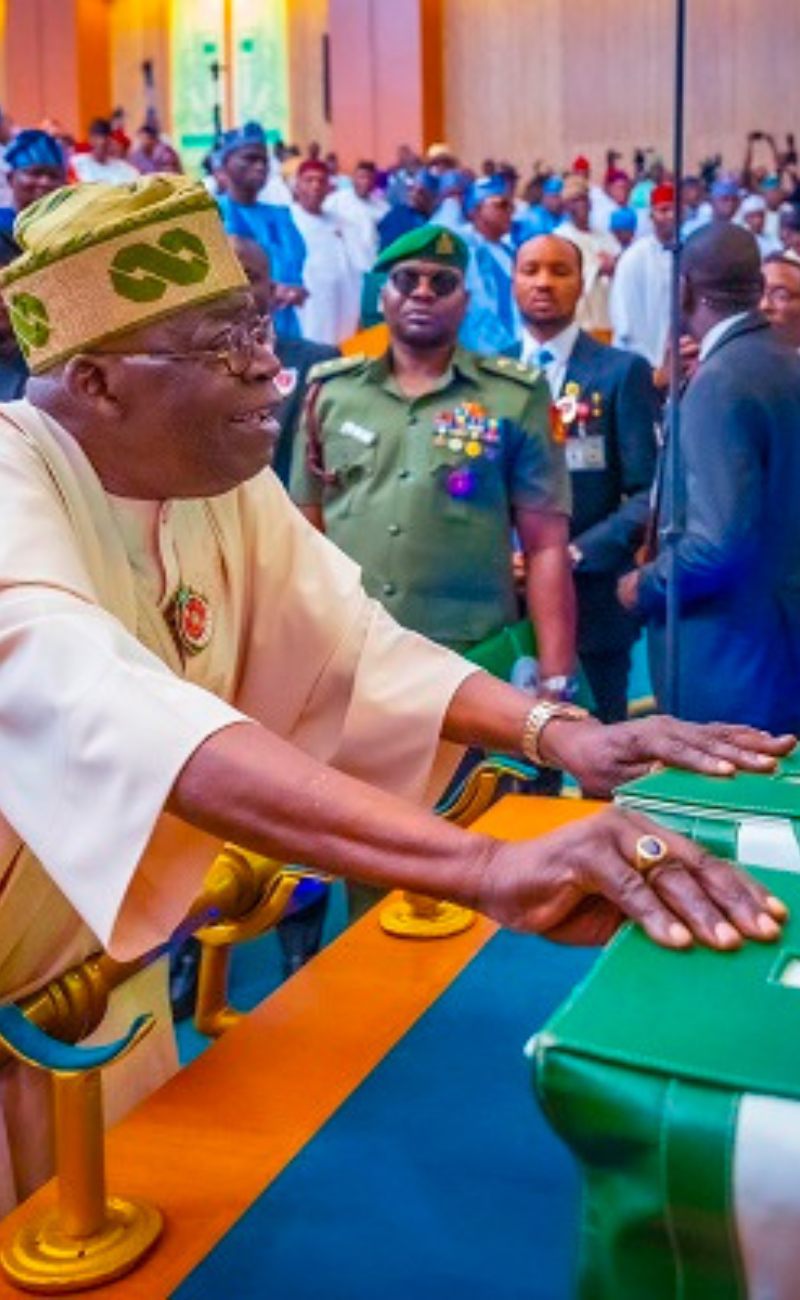The federal government has reached an agreement with the labour unions to pay N70,000 as the new minimum wage for Nigerian workers

The Federal Government has finally reached a consensus with the leaders of organised labour on the new minimum wage. The wage was pegged at N70,000 after much deliberation and months of recurring warning strikes.
How it all began…
The current minimum wage of N30,000 wage has been in existence since 2019 and there have been clamours for it to be reviewed. In January 2024, the federal government inaugurated a 37-member tripartite committee to review the minimum wage after waves of discontentment within the labour unions.
For a long time, members of the Nigerian labour unions have always been on the quest for better pay and working conditions. They make requests for a review of their pay year in, and year out and over the past few months, these calls have been more frequent.
The Nigerian workforce has expressed increasing dissatisfaction with the current wage structure, arguing that it fails to keep up with inflation and the incessant rising cost of living. This dissatisfaction has led to a series of nationwide strikes with few respite in between. These strikes have slowed down the day-to-day economic activities of the nation and inadvertently affected the economy as well.
Since the inauguration of the tripartite committee, the federal government and organised labour have been negotiating a new minimum wage and have considered several options in a bid to arrive at a consensus that works for all parties involved.
Initially, organised labour proposed N615,500 as the new minimum wage and later reduced it to N494,000, citing inflation and the prevailing economic hardship as reasons for their requests.
The federal government rejected the amount and proposed N62,000, which was also rejected by organised labour. The labour unions insisted on N250,000 as the benchmark for the Nigerian workers.
The federal government then requested the labour unions to demand a more realistic and sustainable amount as N250,000 would not be sustainable.
Recently the National Assembly had to intervene to avoid another strike and instability in the economy of the nation. Earlier this week, the union had issued out a warning to go on a One month strike if its demands were not attended to and that has generated concerns from different quarters.
Recent Developments
Mohammed Idris, minister of information and national orientation, disclosed the newly approved amount to journalists on Thursday after a meeting between President Bola Tinubu and leaders of the Nigeria Labour Congress (NLC) and the Trade Union Congress (TUC) at the State House, Abuja. The meeting is reported to be the second the stakeholders held within the last 7 days. The minister further explained that subsequent review of the minimum wage will now be every three years and not the current five years. He added that a lot of incentives which are being worked on will also follow the new minimum wage.
Reactions on the new minimum wage…
Reacting to the development, Nkiru Onyejeocha, minister of state for labour, affirmed that President Tinubu and the labour leaders agreed that the time limit for the review of the minimum wage should be reduced to three years as the 5 years time frame is too long.
In his remarks, Joe Ajaero, NLC President revealed that the N70,000 offer was accepted by the union because of the provision that the minimum wage will be reviewed every three years.“We are taking this with mixed feelings because of the situation of the economy,” he stated.
Also speaking, Festus Osifo, president of the TUC, announced that the president promised that the minimum wage bill would be transmitted to the national assembly next week.
The TUC president also noted that the labour leaders appealed to the president to intervene in the withheld salaries controversy of the Senior Staff Association of Nigerian Universities (SSANU) and the Non-Academic Staff Union of Educational and Associated Institutions (NASU).



